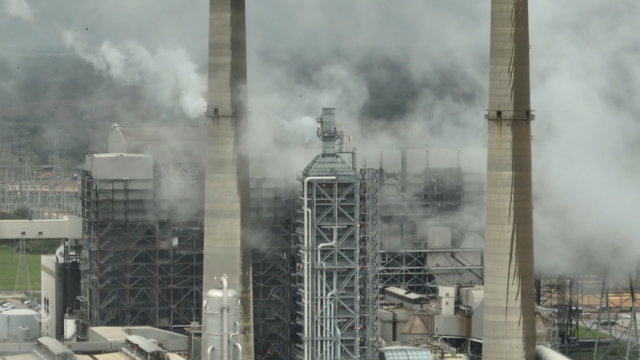
Communities facing air pollution threats worry about EPA rollbacks under Trump
In the U.S., the biggest polluters are often concentrated in underserved, mostly minority communities.
Watch CBS News

In the U.S., the biggest polluters are often concentrated in underserved, mostly minority communities.

The new goal is part of the Paris Agreement, under which member nations must update their emission cut targets every five years.

The U.S. Environmental Protection Agency on Wednesday granted California its request to enforce vehicle emissions standards stricter than federal rules, including the state's ban on sales of new gasoline-powered cars.
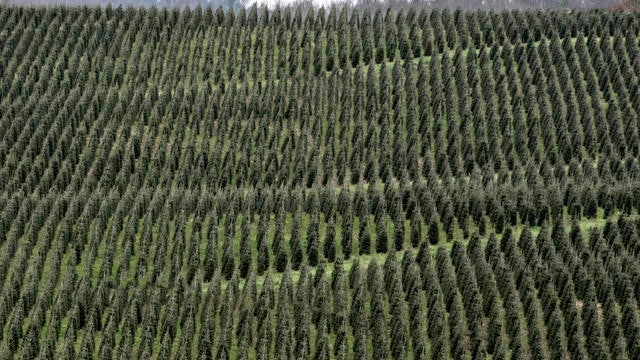
The effects of climate change have put stress on Christmas tree production in the United States. Some farmers are turning to genetics to adapt.
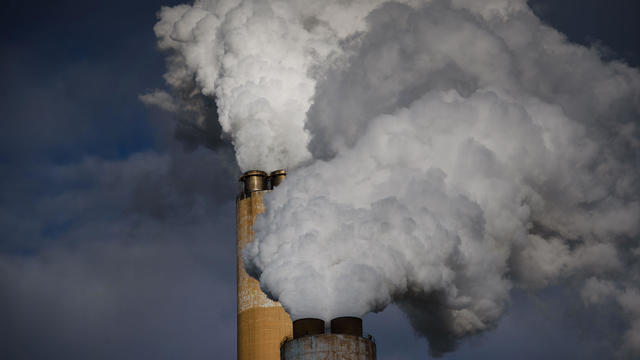
World coal use is set to reach an all-time high in 2024, the International Energy Agency says, in a year all but certain to be the hottest in recorded history.
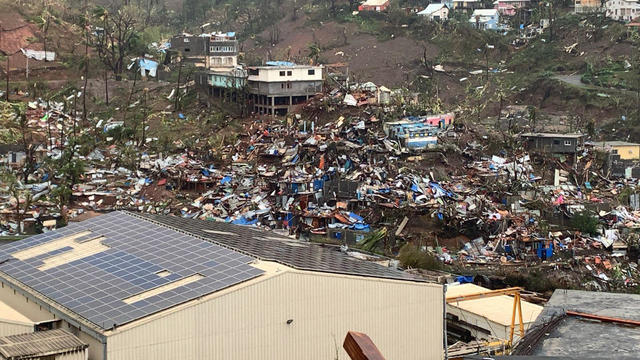
Rescue workers are rushing to the French territory of Mayotte in the Indian Ocean after it was devastated by the powerful Cyclone Chido.

The biennial talks, known as COP 16, attempted to create strong global mandates to legally bind and require nations to fund early warning systems and build resilient infrastructure in poorer countries.

The sound of a bottle popping may be a familiar harbinger of good, but the humble material behind the pop has more uses than you might imagine.
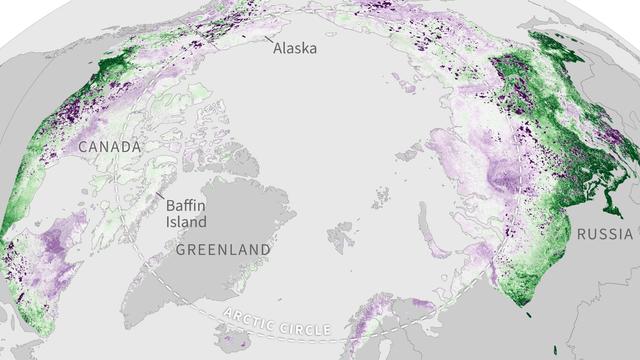
The Arctic tundra has historically helped reduce global emissions. But rising temperatures and wildfires in the region are changing that, scientists say.

Torrential rain unleashed flooding and landslides on Indonesia's Sumatra island, killing 20 people and leaving at least two others missing.
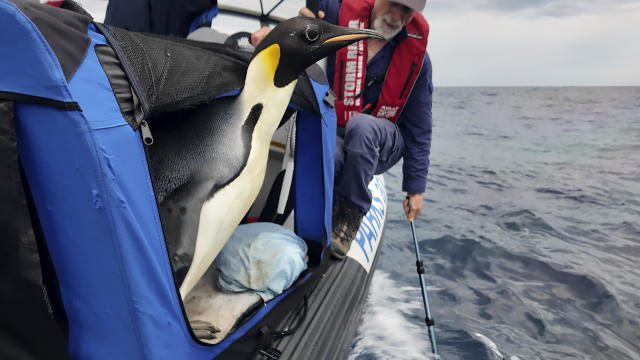
The only emperor penguin known to have swum from Antarctica to Australia was released at sea 20 days after he waddled ashore on a popular tourist beach.
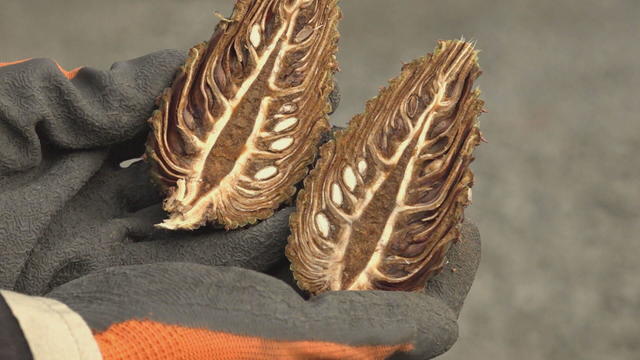
Conservationists are teaming up with the U.S. Forest Service and logging companies to clear scorched land and make room for new reforestation projects.
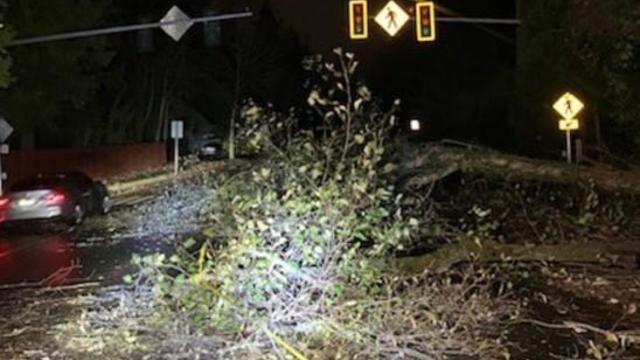
A major storm swept across the northwestern U.S., battering the region with strong winds and rain, causing widespread power outages and downing trees that killed at least two people.
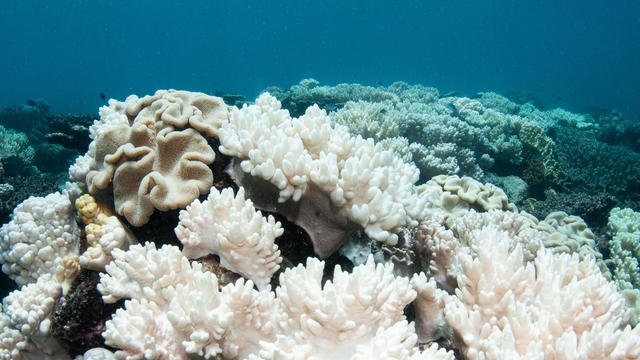
Parts of the Great Barrer Reef have suffered the highest coral mortality on record, Australian researchers say, and they fear the rest of it has suffered a similar fate.
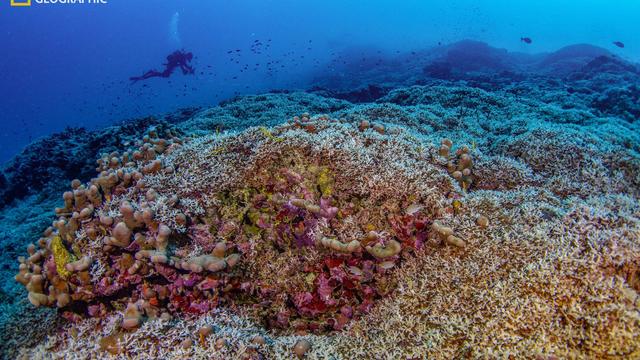
Scientists say they've discovered a "mega coral" three times bigger than the previous record holder - so huge they initially thought it was a shipwreck.
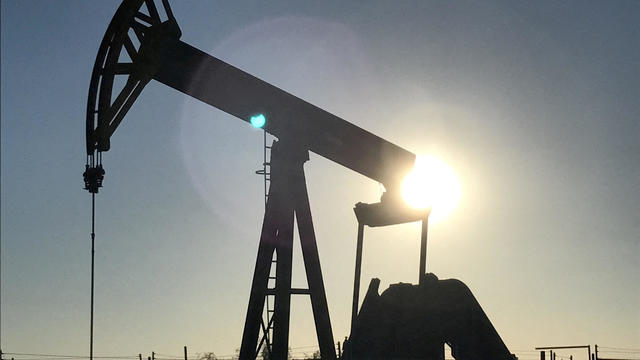
Oil and natural gas companies will have to pay a federal fee if they emit methane above certain levels under a rule being finalized by the Biden administration that incoming Trump officials are likely to reverse.
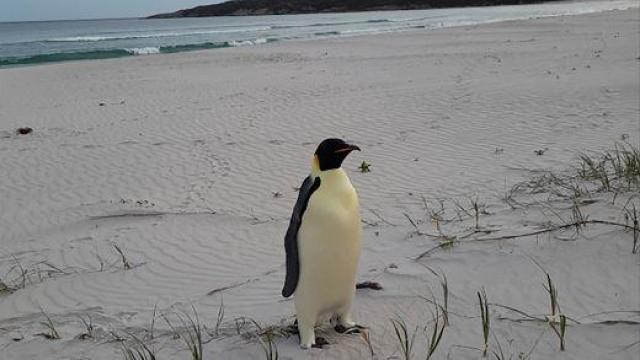
Rescuers are trying to rehabilitate an emperor penguin that came ashore some 2,000 miles from its natural habitat, and what comes next is "still being worked through."

As delegates from nearly 200 countries gather for a major international summit on climate change, they're confronting a new era of uncertainty for the U.S. under a second Trump administration.
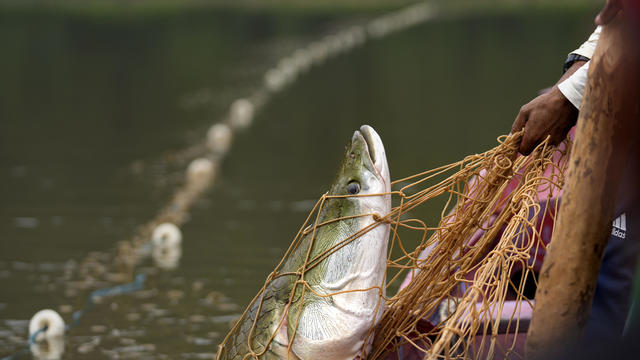
In Brazil´s Amazonas state, almost 6,000 riverine dwellers authorized to fish have reported a significant drop in production and rising costs.

Spain is sending a marine research vessel to scan the seafloor off Valencia's coast in hopes of finding vehicles and people missing after devastating flash floods.

Climate scientists working at the European Union's Copernicus Climate Change Service have announced that 2024 is "virtually certain" to be the warmest year on record.

See how one of the 15 finalists for Prince William's 2024 Earthshot Prize Awards is already helping people live their dreams.
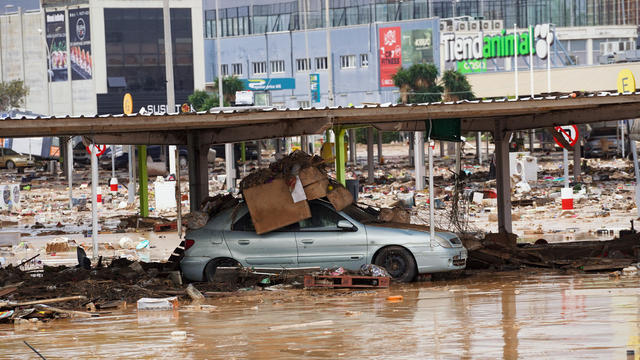
The flash flood-inducing rains that killed more than 210 people in Spain's Valencia region have moved north, snarling air and rail traffic in Barcelona.

"Entire houses have disappeared," says a local mayor in Spain's flood-battered Valencia region. "We don't know if there were people inside."

The next president could have a big impact on climate change policies. Here are 11 ways the issue could impact your health, bills, natural disaster recovery and more.

As Japan faces rising human-bear encounters, an animal trapped in a grocery store injured two men, while a separate reported mauling proved fatal.

The images taken by two Mars orbiters show a bright, fuzzy white dot of the comet, also known as 3I/ATLAS, appearing to move against a backdrop of distant stars.

One of 2025's three Nobel Prize in Physics winners says the trio's work is "one of the underlying reasons that cellphones work.''
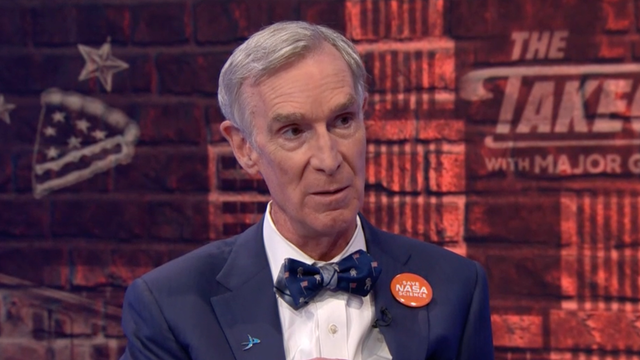
Bill Nye the Science Guy on Monday protested against a federal budget proposal that would see NASA's funding reduced from $24 billion to $18.8 billion.

Nobel Prize committee chair says discoveries by the trio of researchers were "decisive for our understanding of how the immune system functions."

The first supermoon of 2025 will arrive soon. Here's what to know about the phenomenon.

ESO's Very Large Telescope has observed a rogue planet and revealed that it is eating up gas and dust from its surroundings at a rate of 6 billion tons a second.
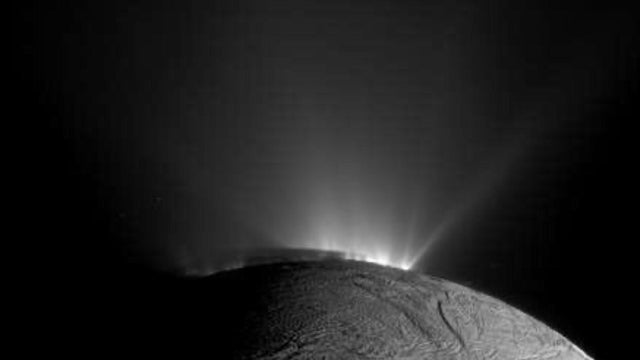
Enceladus has long been considered a prime candidate in the search for life beyond Earth because of its hidden ocean and plumes of water erupting from cracks near its south pole.
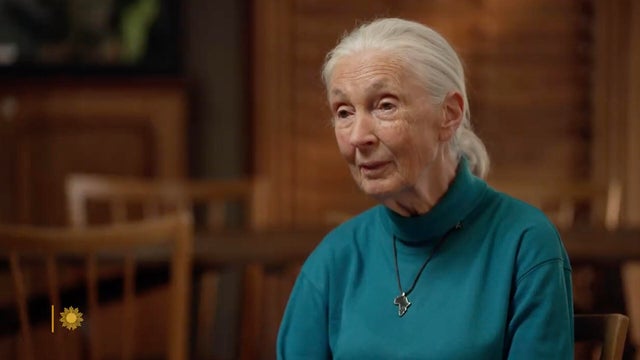
Famed naturalist Jane Goodall, who dedicated her life to studying chimpanzees and protecting the environment, died on Wednesday, Oct. 1, 2025 at age 91. In this Oct. 24, 2021 "Sunday Morning" profile, she talked with Seth Doane about her fascination with animals, her groundbreaking work with primates, and her advocacy for a more sustainable future.
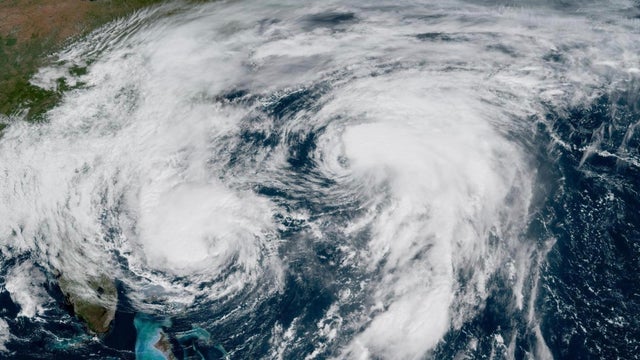
The outer bands of Humberto lashed Bermuda ahead of a more direct pass from the newer and stronger Hurricane Imelda.
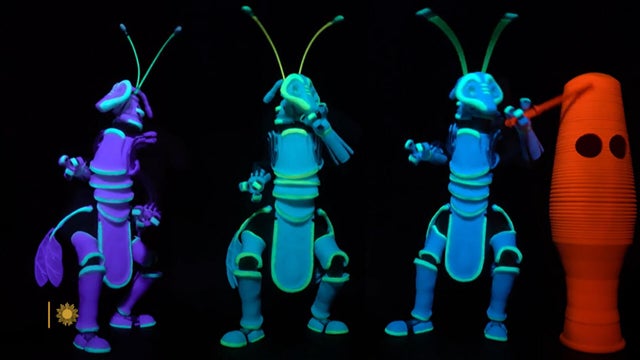
The chirping of crickets in your backyard can be a soothing seasonal sound, but did you know it's also an accurate way to tell the temperature – if you know the mathematical formula? Robert Krulwich and puppeteer Barnaby Dixon explain.

The findings have the potential to resolve the longstanding "Muddle in the Middle" of human evolution, researchers said.
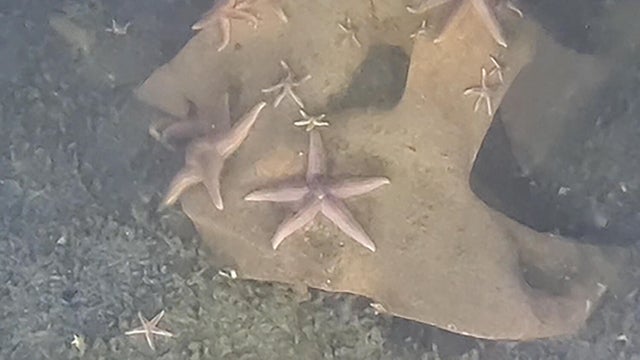
The study's author said "there is some irony" in the discovery that these "things that are meant to kill everything are now attracting so much life."

Scientist and professor Justin Gregg joins "CBS Mornings" to discuss his new book, "Human-ish: What Talking to Your Cat or Naming Your Car Reveals About the Uniquely Human Need to Humanize." He explains why we talk to pets, name objects, and even connect with inflatable tube men — and what that reveals about human nature.
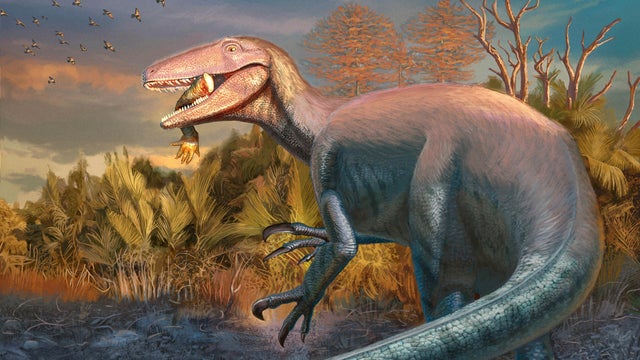
The new find was possibly 23 feet long and hailed from a mysterious group of dinosaurs called megaraptorans.